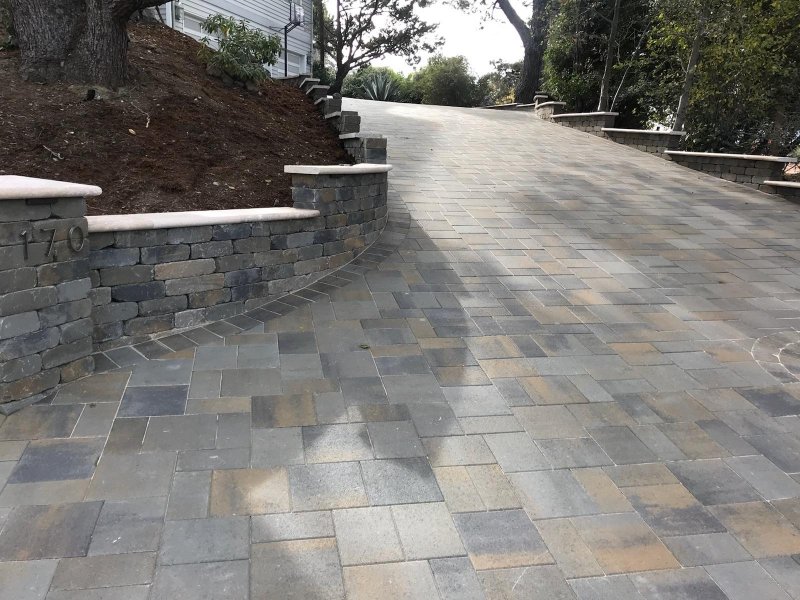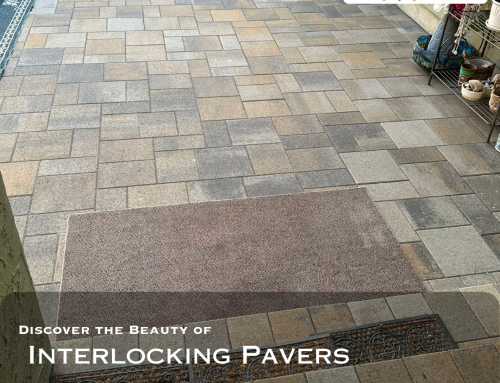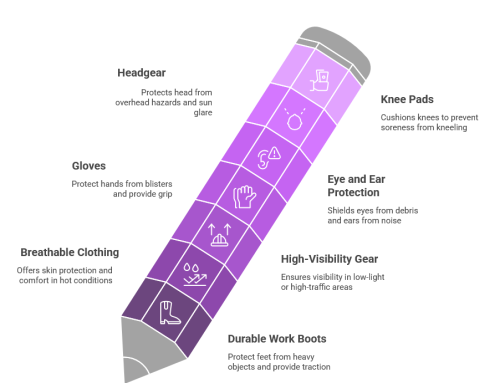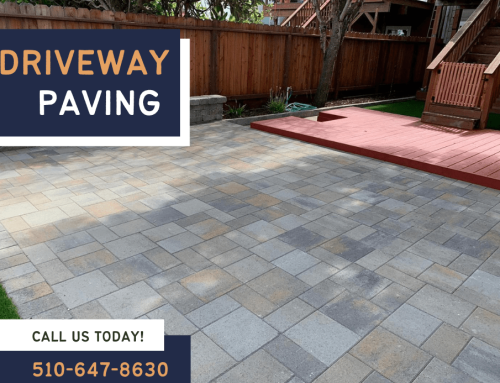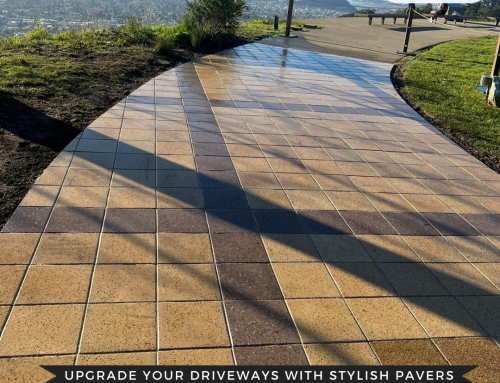When considering a new driveway, homeowners often ask, “What type of driveway is best?” and “How wide is a one-car driveway?” These questions are essential because driveways play a crucial role in a property’s functionality and curb appeal. With numerous materials and designs available, selecting the right one requires understanding durability, cost, maintenance, and overall aesthetics. If you live in San Francisco and need professional help, hiring an experienced concrete driveway contractor can ensure you make the best choice.
What Type of Driveway Is Best?
The best type of driveway depends on various factors, including budget, climate, and personal preference. Here are the most common driveway options:
1. Concrete Driveways
Concrete driveways are among the most popular choices for homeowners. They are durable, low-maintenance, and can last up to 30 years with proper care. Concrete also offers a sleek and modern appearance that complements most homes. A professional concrete driveway contractor can customize the look with stamped designs, exposed aggregate, or colored finishes. However, concrete can be expensive and may develop cracks over time due to weather changes or heavy loads.
Pros:
- Long lifespan (20-30 years)
- Low maintenance
- Customizable with finishes and textures
- Suitable for various climates
Cons:
- Initial installation costs can be high
- Prone to cracking if not installed correctly
- Repairs can be costly
2. Asphalt Driveways
Asphalt is another widely used material for driveways. It is cheaper than concrete and provides a smooth surface that is easy to repair. Asphalt is also ideal for colder climates as it expands and contracts with temperature changes, reducing the risk of cracks.
Pros:
- More affordable than concrete
- Flexible and resistant to cracking
- Easy to repair
- Quick installation process
Cons:
- Requires regular sealing
- Shorter lifespan (10-20 years)
- Can soften in hot temperatures
3. Gravel Driveways
Gravel driveways are one of the most cost-effective options, ideal for rural properties and large driveways. They provide excellent drainage and are easy to install. However, they require regular maintenance, as gravel can shift over time, creating uneven surfaces.
Pros:
- Affordable and easy to install
- Excellent drainage
- Various stone options for aesthetics
Cons:
- Requires frequent replenishment
- Can be difficult to shovel in winter
- Not ideal for urban settings
4. Paver Driveways
Paver driveways are made from brick, concrete, or natural stone arranged in a pattern. They are aesthetically pleasing and highly durable. If a paver gets damaged, it can be replaced individually rather than redoing the entire driveway. However, installation costs can be high, and weeds may grow between pavers if not properly sealed.
Pros:
- Highly customizable and visually appealing
- Long-lasting and durable
- Easy to repair
Cons:
- Expensive installation
- Requires regular maintenance to prevent weeds and shifting
5. Permeable Driveways
For eco-conscious homeowners, permeable driveways are an excellent option. They allow water to seep through, reducing runoff and improving drainage. Permeable driveways can be made from pervious concrete, permeable pavers, or gravel.
Pros:
- Environmentally friendly
- Reduces water runoff and flooding
- Helps with ground filtration
Cons:
- More expensive than traditional materials
- Requires professional installation
- Needs periodic maintenance to prevent clogging
How Wide Is a One-Car Driveway?
The width of a driveway is an important factor for accessibility and functionality. The standard width of a one-car driveway typically ranges from 8 to 12 feet.
Standard Driveway Widths:
- Minimum width: 8 feet – This is the absolute minimum needed for a single vehicle, though it may feel tight for larger cars and trucks.
- Ideal width: 10 feet – This provides comfortable space for parking and opening doors without feeling cramped.
- Maximum width: 12 feet – This is recommended for larger vehicles or homes that require additional clearance.
Factors to Consider for Driveway Width
1. Vehicle Size
If you own a compact car, an 8-foot-wide driveway may suffice. However, if you drive a larger vehicle, such as an SUV or truck, a 10- to 12-foot-wide driveway is ideal for easy maneuverability.
2. Parking Needs
Consider how many cars will be using the driveway. If you have multiple vehicles or require extra space for turning, a wider driveway may be necessary.
3. Walkway Space
Some homeowners prefer to incorporate a walkway alongside the driveway for pedestrians. This may require an additional 2-3 feet of space.
4. Local Regulations
Before installing a driveway, check with local authorities or consult driveway contractors in San Francisco to ensure compliance with zoning laws and setback requirements.
Choosing the Right Driveway for Your Home
Selecting the best driveway involves balancing cost, maintenance, durability, and aesthetics. If you want a low-maintenance and long-lasting option, concrete is a great choice. If affordability is a priority, asphalt or gravel driveways may work best. For eco-friendly solutions, consider permeable driveways. To ensure the best results, consult a driveway contractors in San Francisco who can provide expert recommendations and professional installation.


